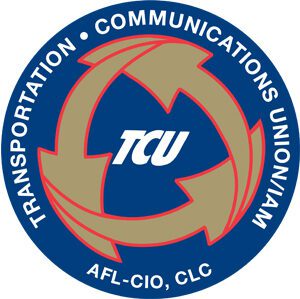In a recent letter released to employees, BNSF states the issues they will use in the recent bargaining of national negotiations.
The letter states:
The railroads seek to negotiate compensation and health benefits that reflect current economic conditions and to reform labor agreement rules to improve safety, customer service and employee utilization. As an update on the current status, please know that the rail industry will be in federal mediation with all three labor coalitions at the beginning of the year. This article is part of a series related to aspects of the current bargaining round, including the economic factors Impacting the railroads during this round.
Employees in the freight rail industry are among the most highly compensated in the nation.
According to the latest data from the U.S. Commerce Department, freight railroads offer long-term career opportunities with pay and benefits ranked in the top seven percent of American industries.
The average union-represented employee covered in this bargaining round •••
- Has spent 13 years employed in the railroad industry.
- Received total annual compensation (including the value of wages, health and retirement benefits) that was more than 50 percent higher than the average full-time U.S. employee.
- Received pay increases totaling 42 percent over the last decade.
- Received 3.5 percent annual wage increases (on average) over the last decade- outpacing inflation by 50 percent.
- Pays only $229 monthly for health care coverage premiums, regardless of family size.
- Enjoys 11 national holidays and three weeks of vacation each year.
- Are covered under the Railroad Retirement Act, and so are potentially eligible to receive significantly higher retirement benefits than employees covered under the Social Security Act.
“These are the views of BNSF and the other railroads,” said TCU President Bob Scardelletti. “We need to be ready and prepared to fight for the wages and benefits our hard-working members deserve.
Click here to read the letter sent by BNSF.

